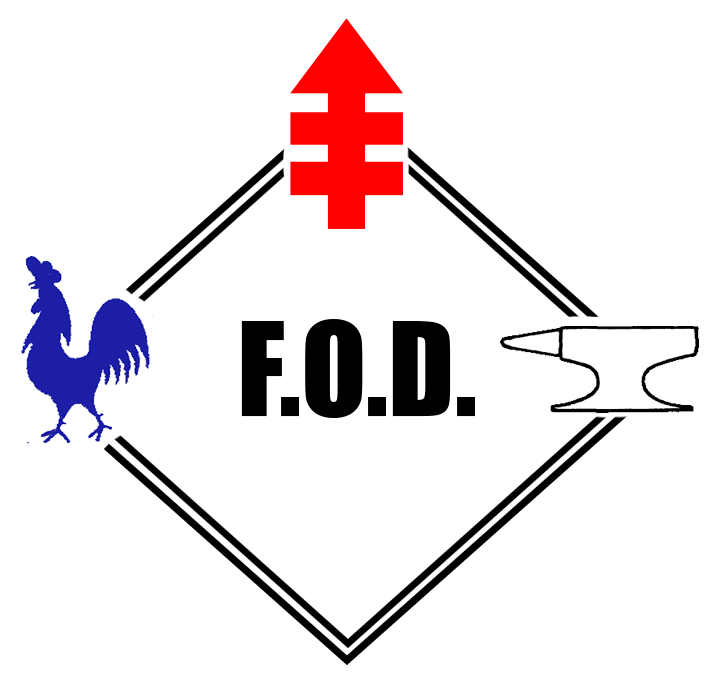|
PADENA
The National Democratic Party (''Partido Democrático Nacional''), known by its acronym PADENA, was a Chilean political party. This party was one of the last political movements linked to the figure of President Carlos Ibáñez del Campo. History It was founded in 1960 by the merger of the Democratic Party, a small faction of the Radical Doctrinal Party, part of the People's National Party (PANAPO), the Democratic Socialist Party and the Social Democratic Party. It initially participated in the FRAP until Ibáñez' retirement in 1965. The party supported the presidential candidacy of Salvador Allende in 1964, but several parliamentarians withdrew to form the New Democratic Left, which supported Eduardo Frei. In 1970, the party supported the presidential candidacy of Radomiro Tomic of the Christian Democratic Party in opposition to Allende and Popular Unity. It joined the Confederation of Democracy in 1973. Refoundation, division, and failed legalisation (1983-1999) After ... [...More Info...] [...Related Items...] OR: [Wikipedia] [Google] [Baidu] |
National Democratic Agreement
The National Democratic Agreement (, ADENA) was a Chilean political coalition existing between 1984 and 1985 that brought together parties, movements and supporters of the military dictatorship led by Augusto Pinochet. History ''Grupo de los Ocho'' In the context of political openness fostered by the Minister of the Interior, Sergio Onofre Jarpa, Government-supporter parties decided to join as a counterpart to the emergence of opposition forces such as the Democratic Alliance (centre-left) and the People's Democratic Movement (revolutionary left). Originally 8 parties organised -hence its original name, the Group of Eight (''Grupo de los Ocho''), characterized by their heterogeneity -they range from the nationalist right to democratic socialism- but shared its legitimacy to existing institutions after the enactment of the 1980 Constitution and the defense of the coup of 1973. These parties and movements were: * Radical Democracy (''Democracia Radical'', DR) * National Action M ... [...More Info...] [...Related Items...] OR: [Wikipedia] [Google] [Baidu] |
Confederation Of Democracy
The Confederation of Democracy (, CODE) was an electoral alliance of center-right Chilean political parties formed in July 1972. Its main purpose was to unite all the opposition parties of the Popular Unity government to face the parliamentary elections in March 1973. Its main objective was to optimize the collection of votes and seats, and accomplish the majority of Congress and thus obtain at least two thirds of the deputies. History Between the opposition to the Popular Unity government, there were two opposing views. On the one hand the National Party (, PN) and the Radical Democracy (, DR) who saw the CODE as a way to definitively defeat the parties of the Popular Unity (, UP). The Christian Democratic Party (, PDC), together with the Radical Left Party (, PIR) and the National Democratic Party (, PADENA), constituted for them a way of controlling the UP within the legal framework. To do so, they took advantage of the opinion of the Electoral Court of June 6, 1972, which a ... [...More Info...] [...Related Items...] OR: [Wikipedia] [Google] [Baidu] |
Democratic Party (Chile)
The Democratic Party (''Partido Democrático'') of Chile was a Chilean political party created by a left-wing faction of the Democrat Party in 1932. It was created by a leftist faction of the Democrat Party, which opposed the right-wing group that officially supported the government of Arturo Alessandri. Although they supported the presidential candidacy of Alessandri, eventually became opponents. In 1937, they joined the Popular Front and supported the candidacy of Pedro Aguirre Cerda. In 1941, they merged with the Democrat Party. In the 1940s again were divided in the ''Democratic Party of Chile'' and the '' People's Democratic Party''. Both parties were reunited in 1956. The party was dissolved in 1960, when meeting with other organizations to form the National Democratic Party (PADENA). Presidential candidates The following is a list of the presidential candidates supported by the Democratic Party. [...More Info...] [...Related Items...] OR: [Wikipedia] [Google] [Baidu] |
Democratic Party Of Chile (1988)
The Democratic Party of Chile (, PADECH) was a Chilean political party that had legal existence from 1988 to 1989 as a "party in formation". It was originally created by Apolonides Parra to rally the militants of the National Democratic Party (PADENA) who rejected the decision of the Minchel faction within PADEMA to support the "No" option in the plebiscite of 1988. PADECH started preparations for its establishment on 16 June 1988 and was declared as a "party in formation" July 27 of that year. It openly supported the option "Yes" in the referendum of October 5, 1988, which sought the continuation of the dictatorship of Augusto Pinochet, who had controlled Chile since 1973. In late 1988 PADECH formed the short-lived Democratic Confederation () with the National Party (a faction that supported Pinochet), the Radical Democracy, the Social Democrat Party, the National Advance, the Liberal Democrat Party of Chile The Liberal Democrat Party of Chile (, PLD) was a Chilean politica ... [...More Info...] [...Related Items...] OR: [Wikipedia] [Google] [Baidu] |
Radomiro Tomic
Radomiro Tomic Romero ( Calama, 7 May 1914 - Santiago de Chile, 3 January 1992) was a Chilean lawyer and politician of Croatian origin, and candidate for the presidency of the Chilean Republic in the 1970 election. He graduated as a lawyer from the Pontifical Catholic University of Chile (PUC). He began his political activity in the Social-Christian circles of the PUC, and was one of the co-founders of the Falange Nacional (FN, future Christian Democracy, DC) in 1938. He became president of the party in 1946–1947 and 1952–1953. He was married to Olaya Errázuriz Echenique, and together they had 9 children. Among other activities Tomic was director of the newspaper '' El Tarapacá'' of Iquique (1937–1941) and later of the '' Editorial del Pacífico''. Tomic served as deputy for Arica, Pisagua and Iquique (1941–1949). When senator and poet Pablo Neruda was banned by the ''Ley de Defensa Permanente de la Democracia'' (Law for the Permanent Defense of Democracy)—which ... [...More Info...] [...Related Items...] OR: [Wikipedia] [Google] [Baidu] |

